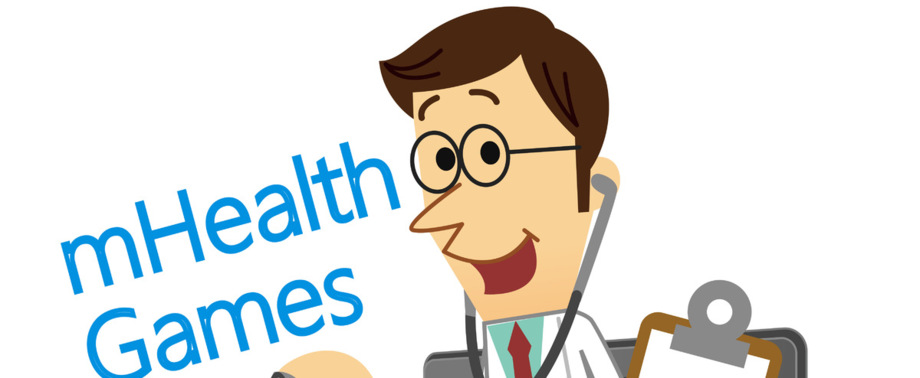
Corporate Training
With a constant influx of new rules and regulations compliance training is imperative for the healthcare industry.
mHealth Games helps you “build a culture of compliance”, by incorporating continuous process improvement into daily work flows.
New Hire Training
Does your new hire training include company policies and procedures that are clearly outlined?
- Payroll
- Incident Reporting
- Ethics
- Patient Rights
- Environmental Responsibilities
- Social Media Use
- Ongoing Quality Assessments & Reviews
Automate your Training
With mHealth Games...
- HIPAA Law
The HITECH Act of 2009 gave HHS greater authority when imposing civil money penalties for HIPAA law violations.
A facility can be charged up to a $1.5 million penalty per year per violation of HIPAA law.
In addition, the states’ attorneys general may also pursue civil actions. And, breaches for greater than 500 patients must be reported to news media.
Bottom line – your employees will require ongoing regulatory compliance training as new HIPAA law updates are released.
2014 HIPAA law updates:
02/20/14 – New guidance on HIPAA Privacy Rule and Sharing Information Related to Mental Health
02/13/14 – Spanish Language Model Notices of Privacy Practices
02/03/14 – HHS Strengthens Patients’ Right to Access Lab Test Reports
01/07/14 – HIPAA Privacy Rule and the National Instant Criminal Background Check System (NICS)
- OSHA Certification
“Many researchers conclude that those who are new on the job have a higher rate of accidents and injuries than more experienced workers…
If ignorance of specific job hazards and of proper work practices is even partly to blame for this higher injury rate, then training will help to provide a solution.” – United States Department of Labor, Occupational Safety & Health Administration
OSHA standards explicitly require the employer to train their employees in the health and safety aspects of their jobs.
In addition, OSHA has determined it is the employer’s responsibility to limit job assignments to employees who are “certified”.
These employees have the training necessary to perform their required duties safely in the workplace.
To maintain OSHA certification and compliancy, employers should keep a record of all safety and health training.
- JCAHO Standards
Joint Commission accreditation can be earned by many types of healthcare organizations, including hospitals, doctor’s offices, nursing homes, office-based surgery centers, behavioral health treatment facilities, and providers of home care services.
But in order to achieve accreditation, your facility must include documentation of employee training on JCAHO standards.
Again, this is a critical element of your regulatory compliance training program.

